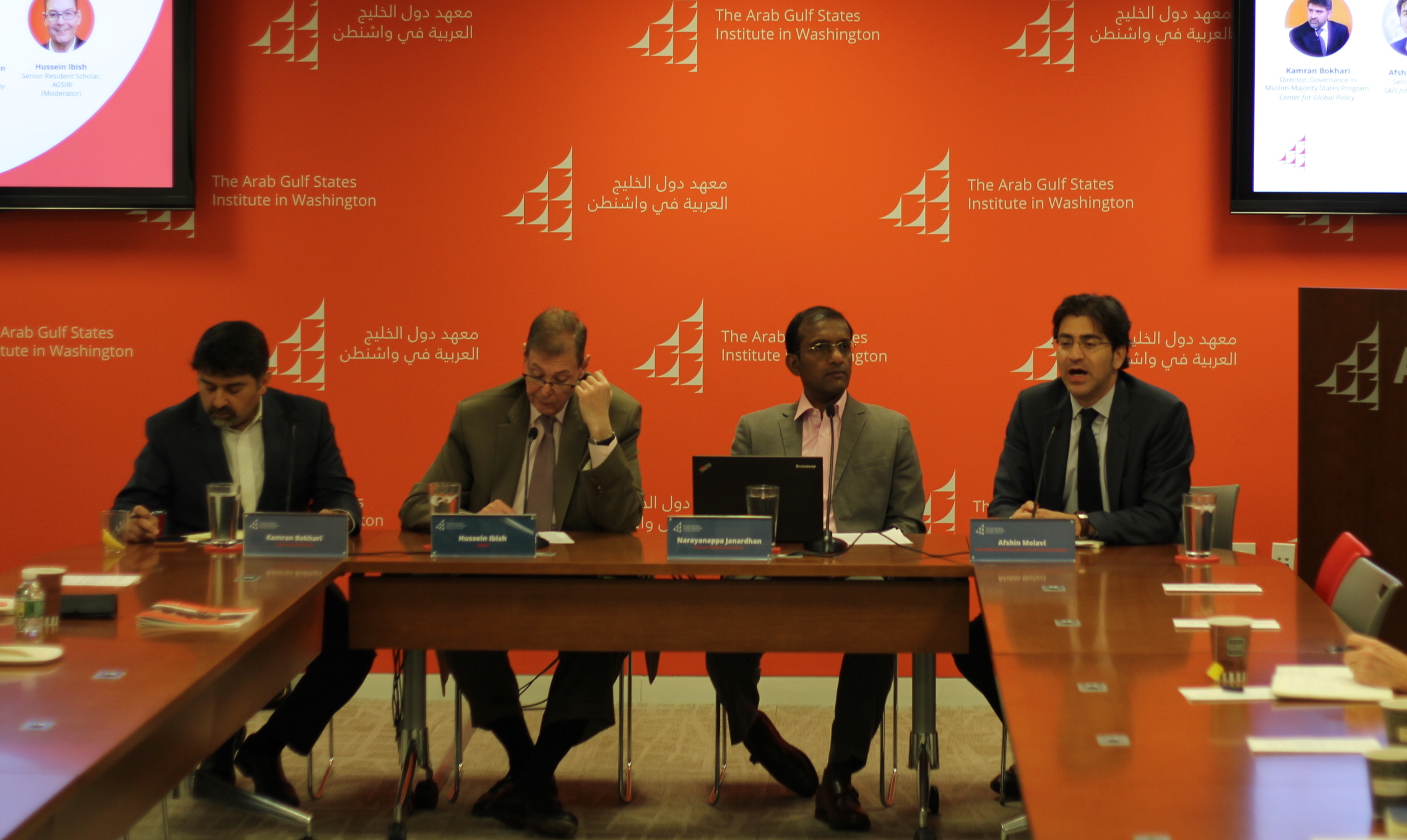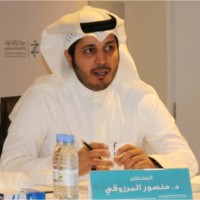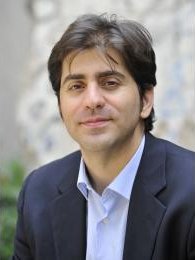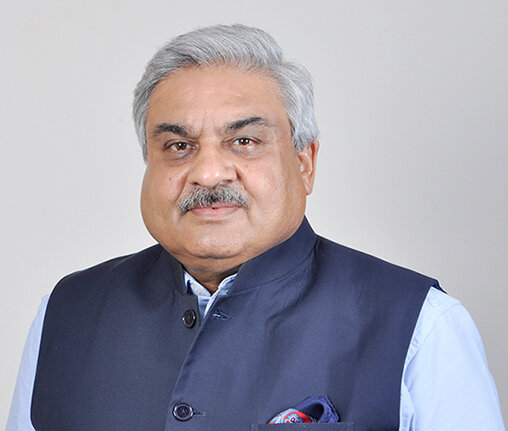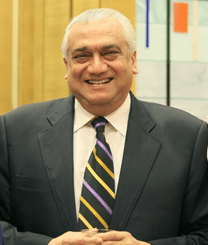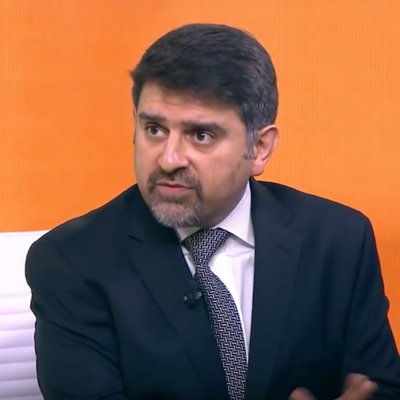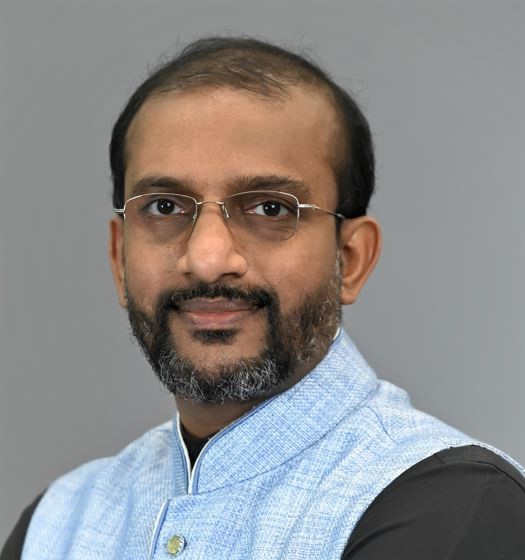
Narayanappa Janardhan
Non-Resident Fellow, AGSI; Director of Research and Analysis, Anwar Gargash Diplomatic Academy
Narayanappa Janardhan is a non-resident fellow at the Arab Gulf States Institute and director of research and analysis, with expertise on Gulf-Asia relations, at the Anwar Gargash Diplomatic Academy. He also offers diplomats PGD and MA courses on Gulf and Asian foreign policies. His academic publications include The Arab Gulf’s Pivot to Asia: From Transactional to Strategic Partnerships (ed., Gerlach, 2020); A New Gulf Security Architecture: Prospects and Challenges for an Asian Role (ed., Gerlach, 2014); and Boom Amid Gloom: Spirit of Possibility in the 21st Century Gulf (Ithaca, 2011). With a PhD from Jawaharlal Nehru University, New Delhi, Janardhan is the managing assistant editor of the Journal of Arabian Studies (Routledge). He is a regular contributor to various international think tanks, academic publications, and media outlets.
Analysis
Trump’s MAGA Bid Helps the Gulf Become More Global
President Trump’s Gulf visit has highlighted how the United States can craft a creative policy centered on peace, regional stability, and cooperation.
7 min read

Can the Middle East Help Make America Great Again?
As President-elect Trump returns to the White House, he will find a transformed Gulf region, brimming with confidence and initiative; the best way to tap this energy is to consult the region and take on board the regional perspectives.
5 min read
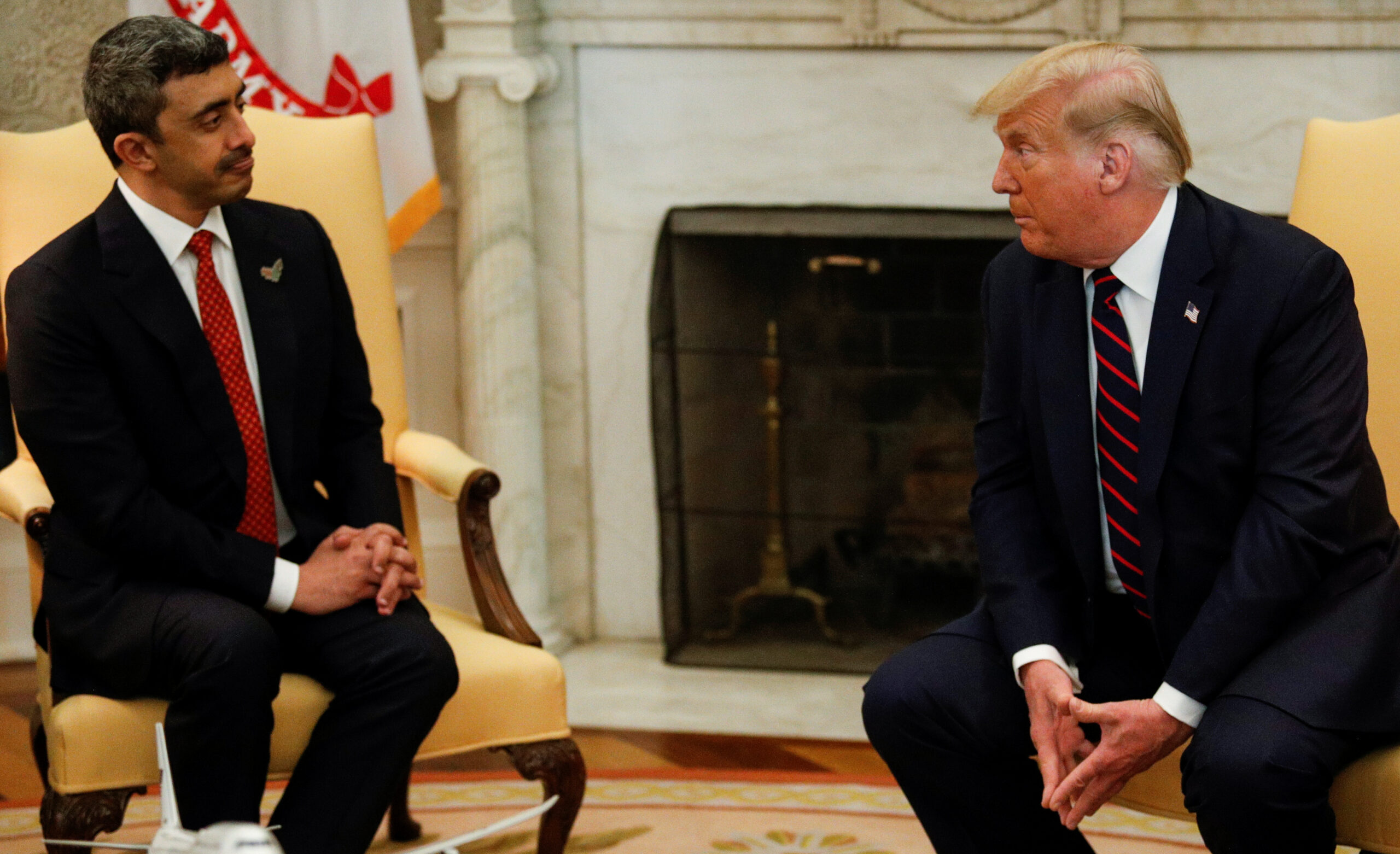
UAE-India Green Deals Present Multilateral Opportunities
Recent agreements between the UAE and India are not only significant steps toward strengthening the bilateral partnership but also reducing the countries’ carbon footprint in the energy sector.

7 min read
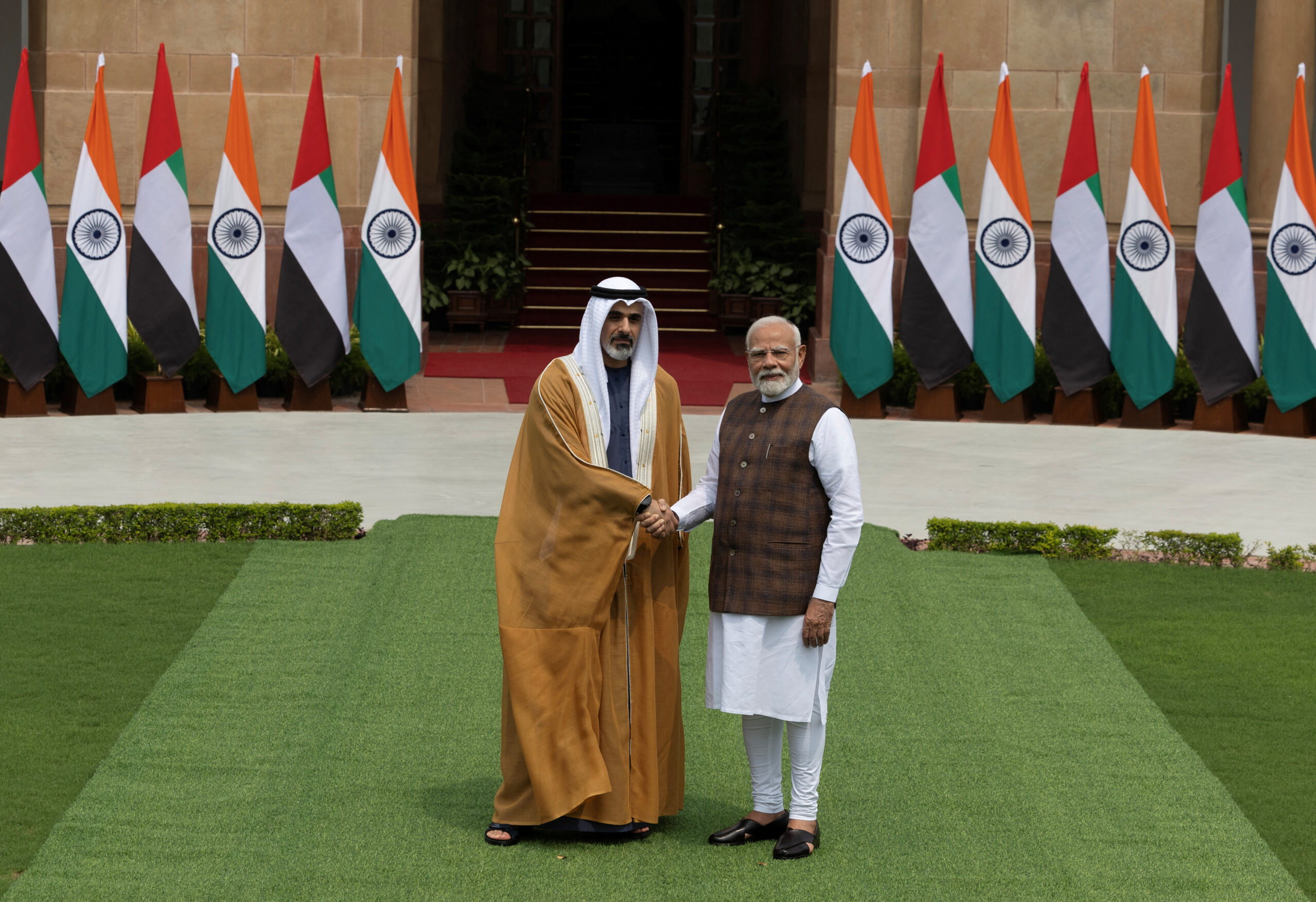
UAE in BRICS Expansion Amplifies Multialignment Trend
Joining BRICS will epitomize the UAE’s pursuit of strategic autonomy and equidistant ties.
8 min read
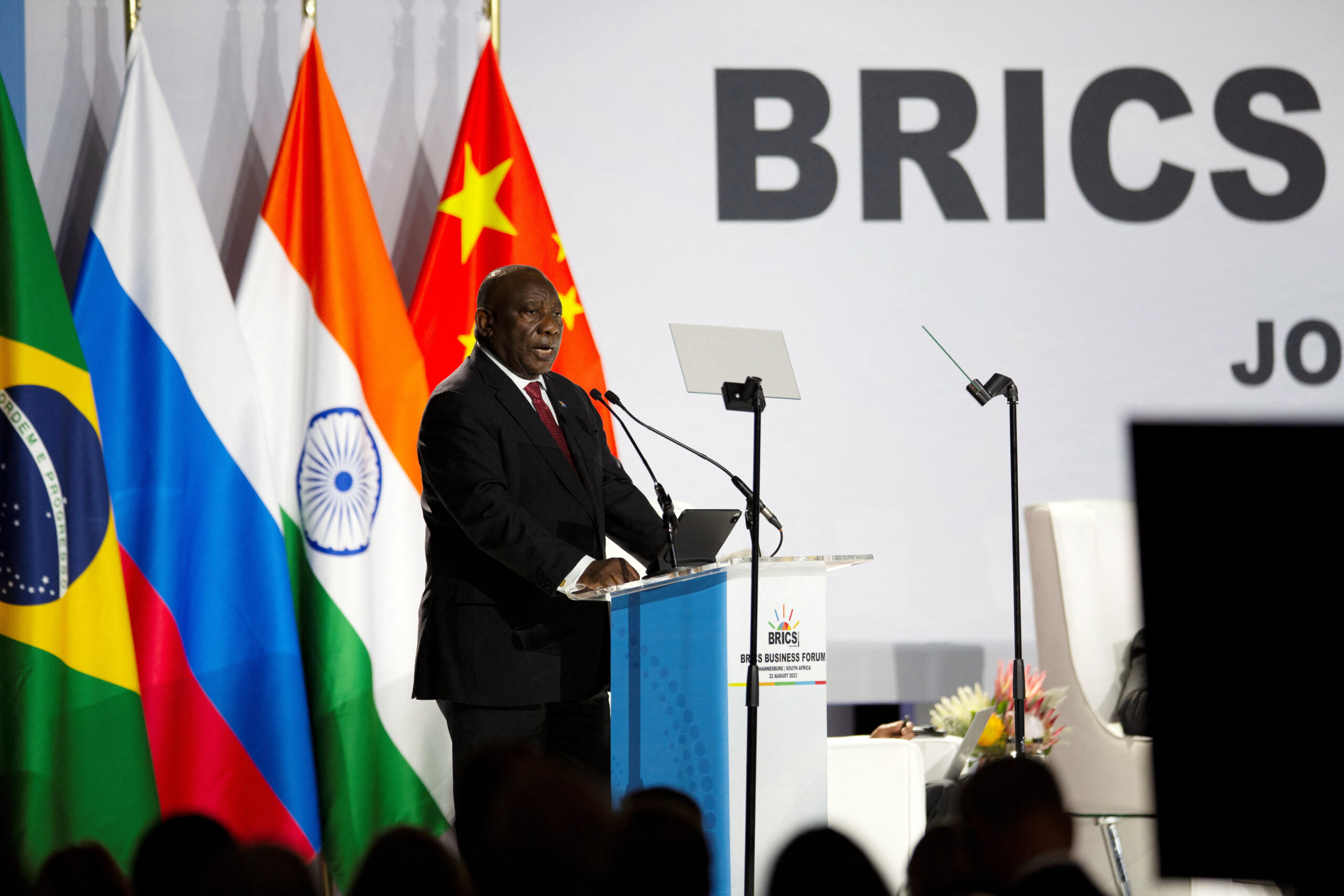
Jun 6, 2023
U.S. Leans on Economic Strategy to Achieve Geopolitical Ends in the Middle East and Asia
The United States is championing a new regional approach that aims to use economic diplomacy to bring key players in the Middle East and Asia closer and provide an alternative to Chinese initiatives.
11 min read
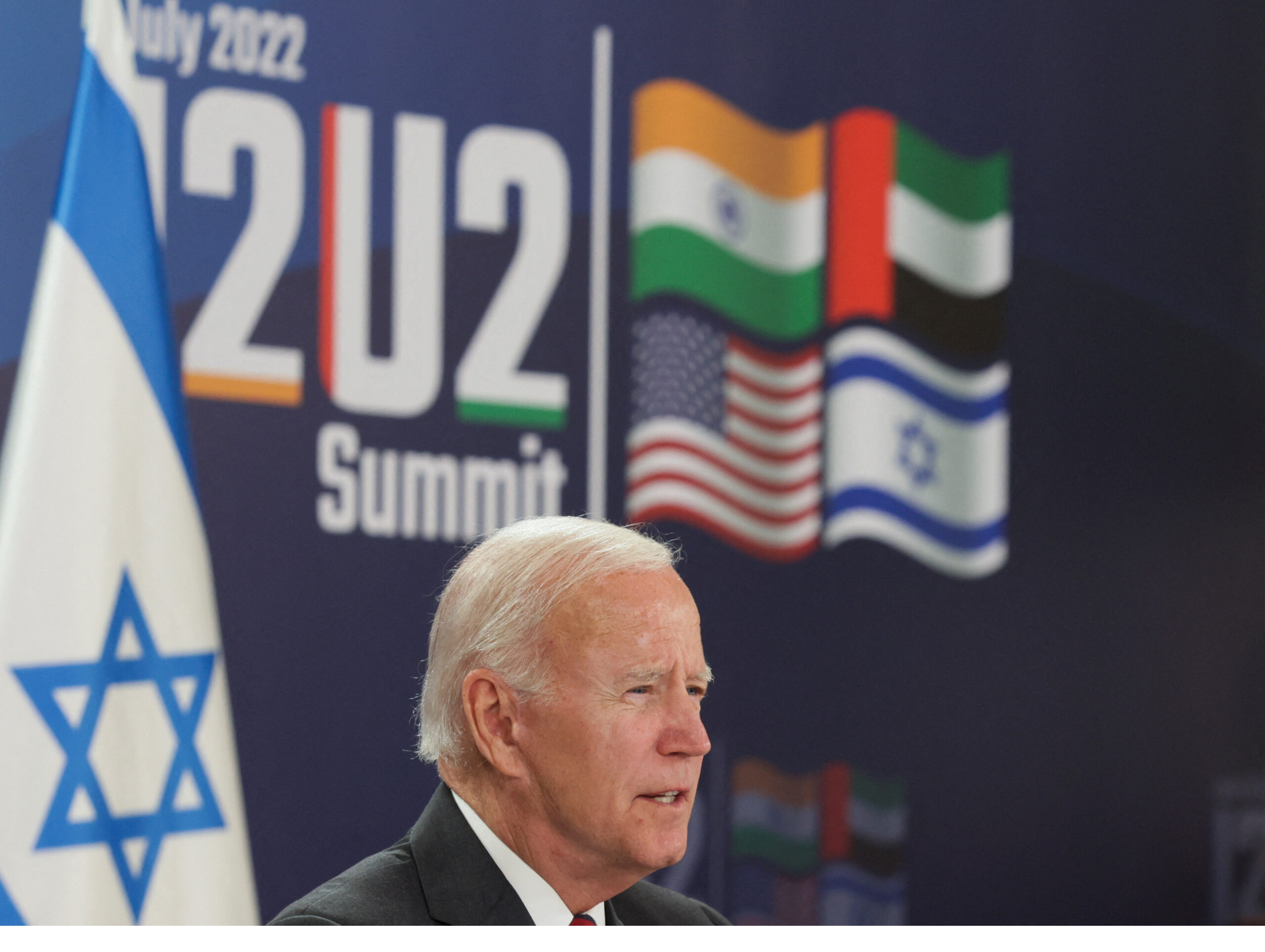
Jul 26, 2022
I2U2 Summit Overlooks Geopolitics in Favor of Economic Collaboration
The grouping of India, Israel, the UAE, and the United States is likely to remain successful only if it is a harbinger for the present and future in the economic development domain and not a prisoner of the past in the security sphere.
11 min read
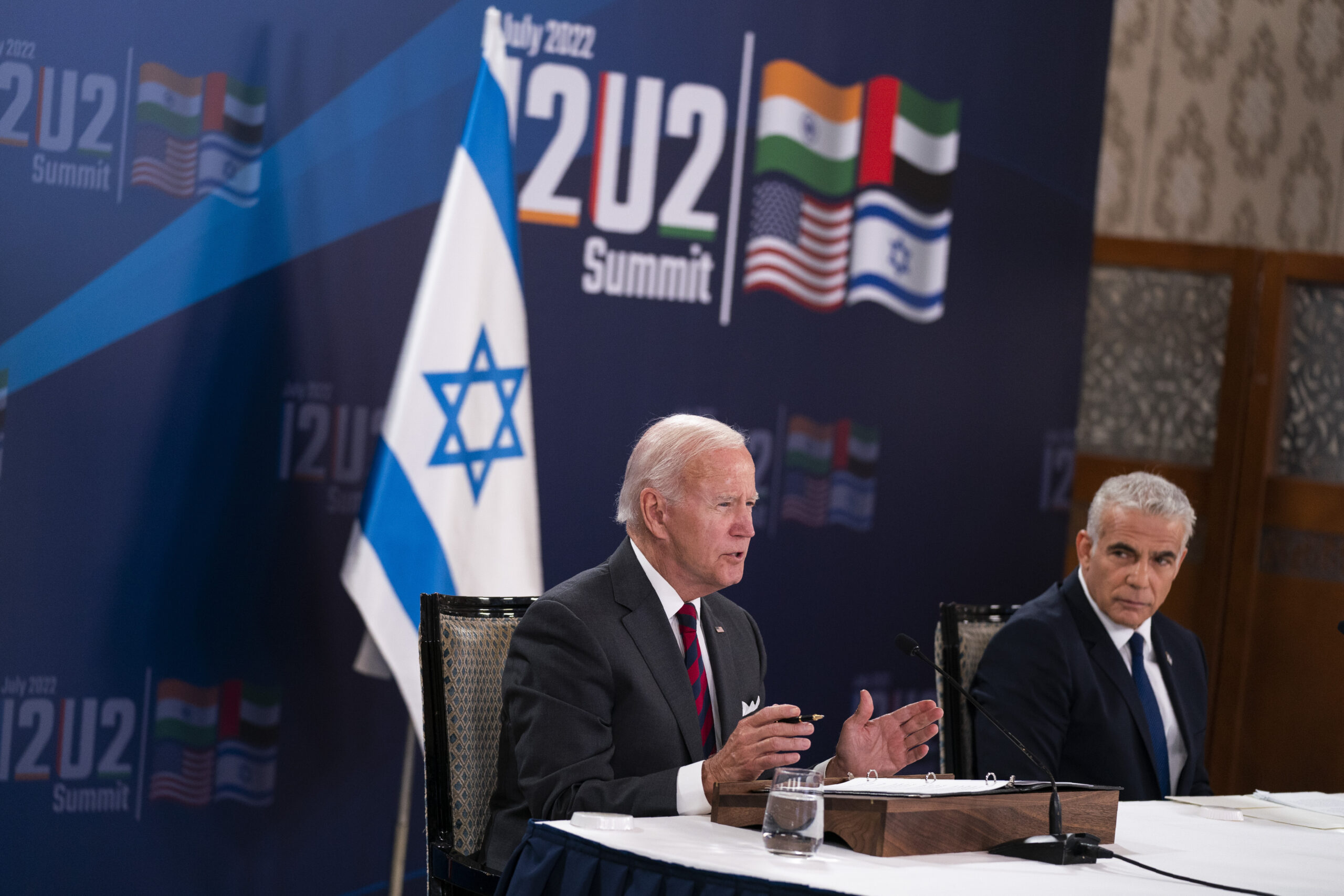
Events
Sep 26, 2023
BRICS+: Seeking an Alternative World Order?
On September 26, AGSIW hosted a discussion on the potential expansion of BRICS.
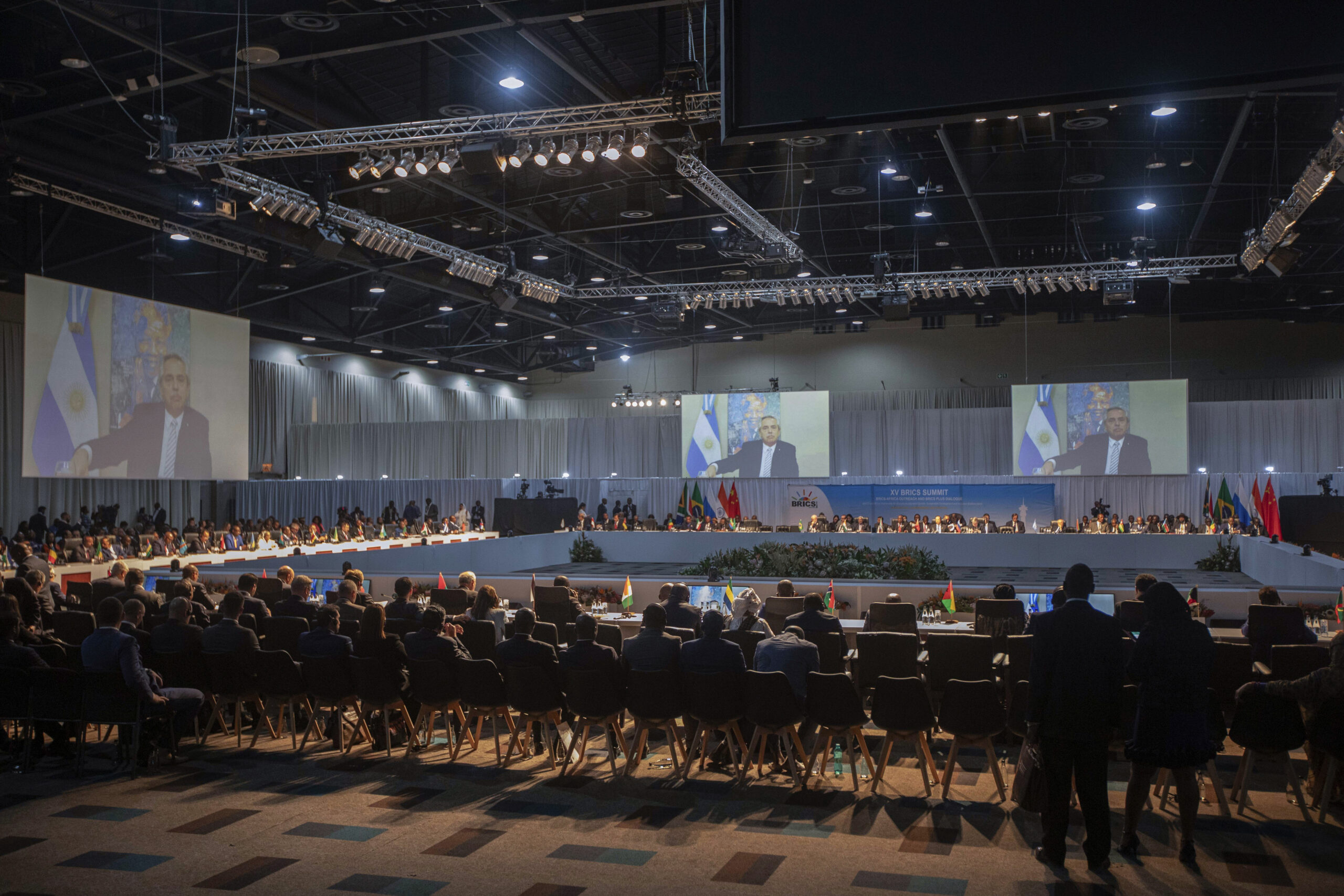
Aug 10, 2022
I2U2: Partnership for the Future or Prisoner of the Past?
On August 10, AGSIW, the Anwar Gargash Diplomatic Academy, and the Johns Hopkins School of Advanced International Studies hosted a discussion on the new quadrilateral forum comprising India, Israel, the UAE, and the United States.
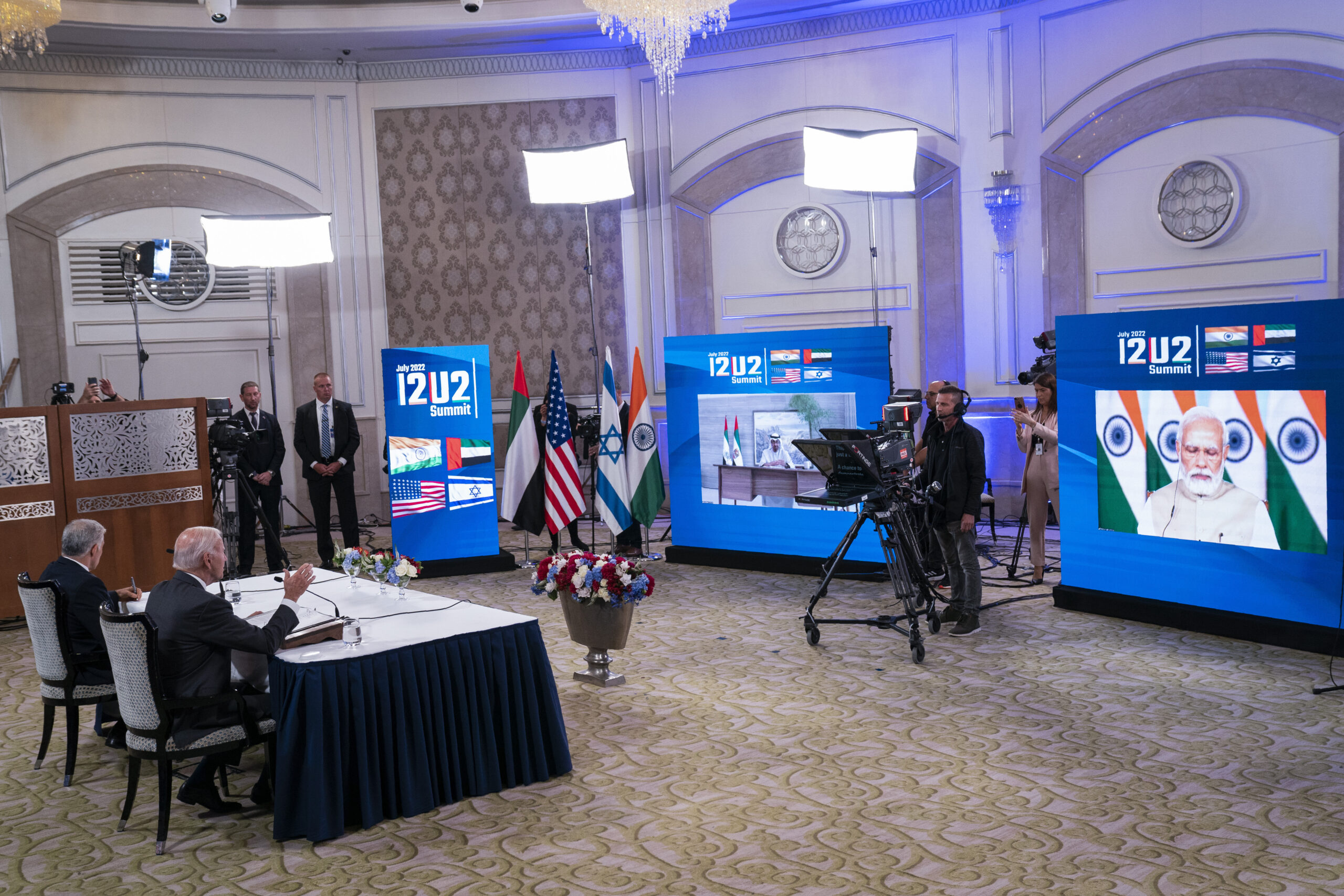
Mar 17, 2021
The Arab Gulf’s Pivot to Asia: From Transactional to Strategic Partnerships
On March 17, AGSIW hosted a discussion on strategic relations between the countries of the Gulf and Asia.
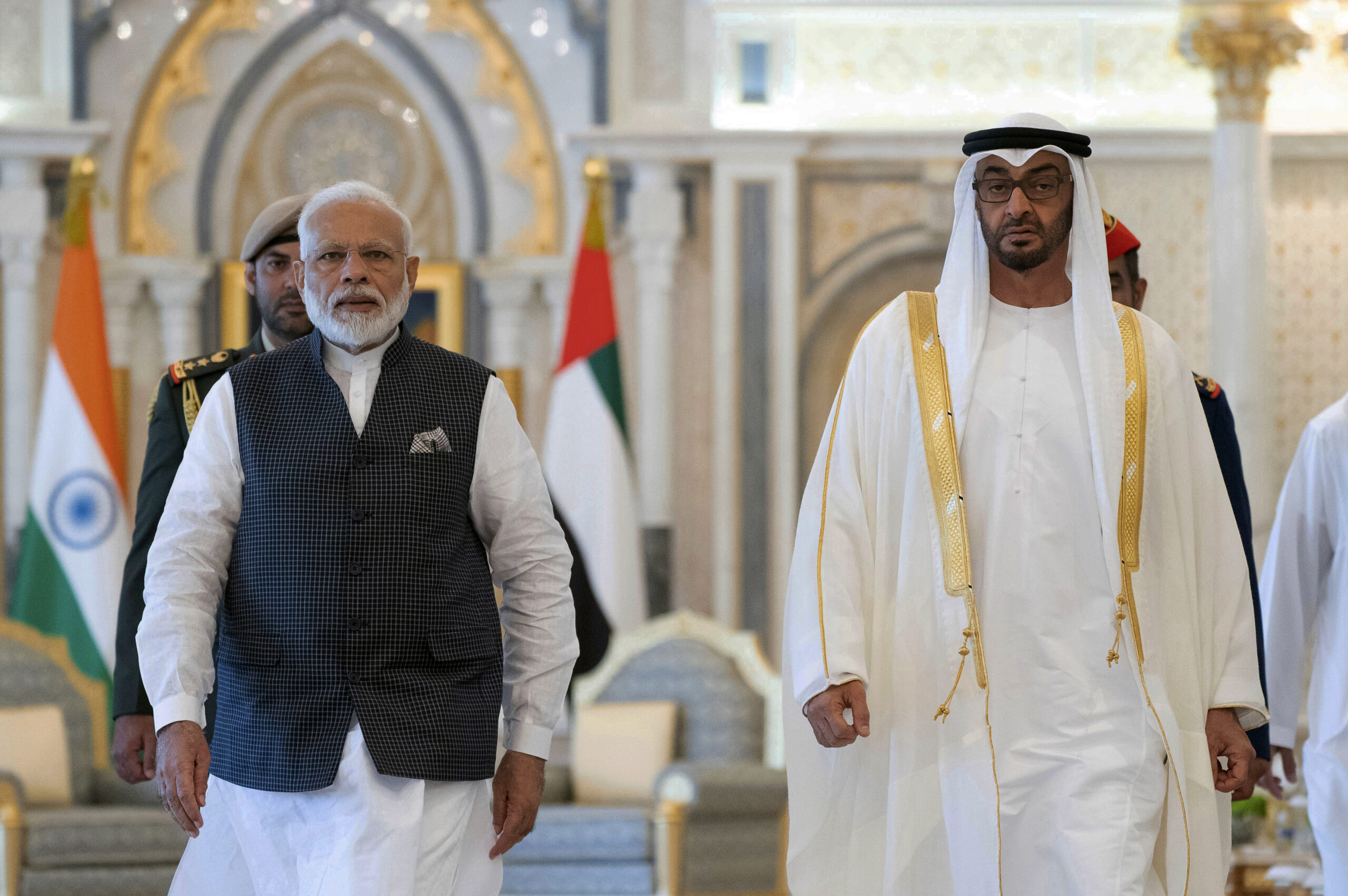
Mar 21, 2019
GCC-South Asia: A New Role for the Gulf Countries in the Subcontinent?
AGSIW hosted a panel discussion examining the diplomatic, security, and economic issues shaping the growing relationship between the countries of the Gulf and the South Asian subcontinent.
